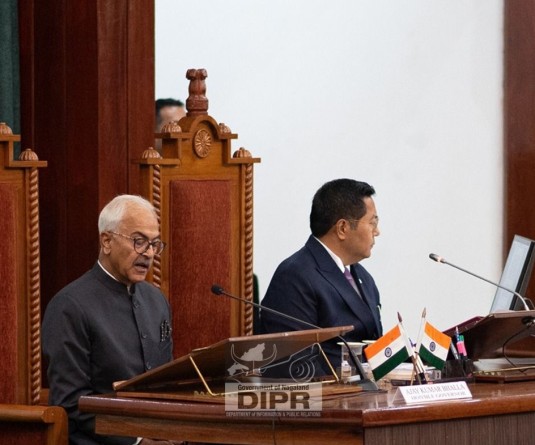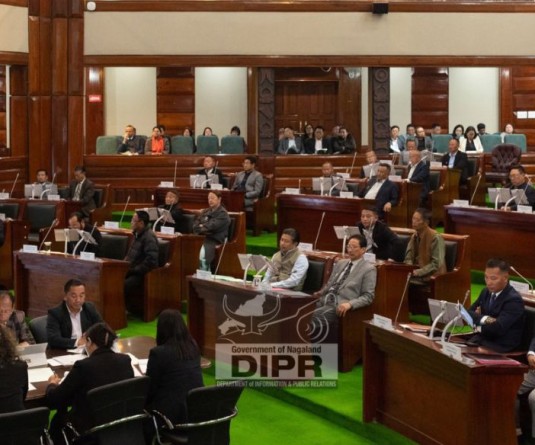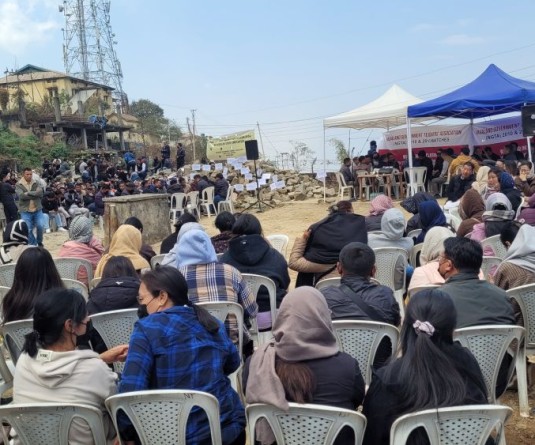
Dimapur, May 2 (MExN): The Nagaland Pradesh Congress Committee (NPCC) has termed “highly questionable” the DAN government’s statement “questioning the relevance of Article 371A in the light of land acquisition obstacles.” This was projected in a press release from NPCC President S.I. Jamir.
Calling this an “unfortunate episode”, the NPCC said the ruling DAN government will account for any “far-reaching consequences for the Naga people” this may have.
“While it’s true that land-owners have hindered many developmental works, this should not necessarily translate into a bitter harangue against Art 371 A which was a visionary legislation and far ahead of its time,” stated the NPCC, maintaining that the article was a “protective-legislation to preserve and protect Naga identity and it is still very much relevant in an era of corporate driven development model of profit- at-all-cost which over the past few decades has marginalized groups in central and eastern India not fortunate to have been protected by appropriate legislations like Art 371 A.”
According to the NPCC, the problem faced in four-laning of highways or the water woes of Kohima town and railway compensation issues should not be allowed to “degenerate into wholesome broadside” against the “most important piece of legislation in post-independent India giving protection to Nagas which if explored to full potential should give an almost semi-independent status to Nagaland, theoretically speaking.”
In Dimapur, the hindrance to development works can be ascribed to the district administration, suggested the NPCC, “in allowing high storey buildings to come up along both sides of Dimapur to Chumukedima stretch of highway or even issuing new pattas (encroaching what little is left of highway) to individuals, thereby putting brakes on road expansion.” This “incompetence”, it says, should not be allowed to “destroy a concept or system which has allowed Naga people to live atleast with some semblance of dignity.” When hindrance occurs, “it’s the job of any responsible government to find ways and means to solve the issue.”
“Whilst it’s true that certain aspects of the article can be modified to suit changing times, ownership of land by individual, clan or community is the non-negotiable aspect of the article,” claimed the Congress. In brief, the NPCC explained that Article 371 A is a landmark legislation of post-Independent India, which is s precursor of other important legislations of recent years passed by parliament, most notably the Forest Rights Act, 2006, which gives limited rights to forest dwellers, mostly tribals the right to ownership over the forest and its resources. They cannot be evicted from their land located even in Reserved Forests and Sanctuaries.






